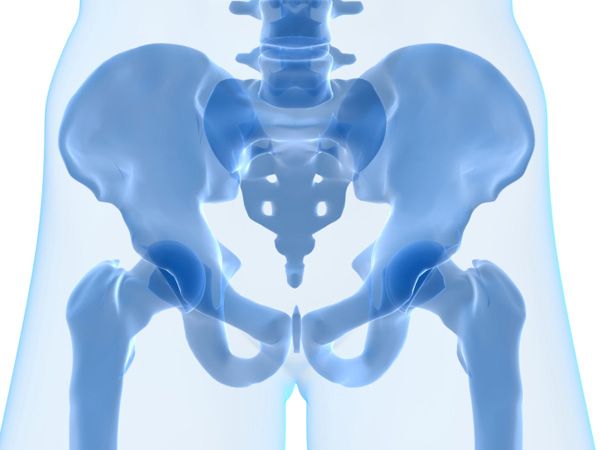
This is called “quickening.” You may recognize this earlier if you have been pregnant before. If they are firm, the uterus may be pressed against the spinal column, and there will be no noticeable bulge if they are weak, the pressure of the uterus against the inside wall makes a sizeable bulge.Īt this point, you should be able to feel light movements of the fetus. The size of the bulge depends on how strong your abdominal muscles are. Your bladder moves up but not as much as your uterus, which straightens as it moves up.Īs your uterus moves up, it rests against the lower portion of the front of your abdominal wall, causing it to bulge forward noticeably by your 20th week. The wall of the uterus, which lengthens and thickens early in pregnancy, stretches as the fetus grows, and becomes thinner now – just 3 to 5 millimeters thick. The ascending and descending colon maintain their usual positions.Īt this point, your uterus is especially enlarged where the placenta attaches to it (usually on the front or back wall). The pelvic colon and small intestines are crowded upward and backward. The 7th week represents a milestone in development: the embryo is now considered a fetus.īy the 20th week of pregnancy, your uterus can be felt at the level of your belly button (umbilicus). The umbilical cord is lengthening and will continue to grow, allowing the fetus freedom to move.

/what-does-a-fertile-cervix-look-and-feel-like-1960297-v1-51d897046f3245258a2fb8d53357f145.png)
Buds for the arms and legs emerge in the 5th week and, by the 7th week, buds for fingers and toes also appear. The embryo is floating in the amniotic sac. The internal organs are forming and the heart has been beating since the end of the 4th week.

The embryo’s head is large in proportion to the rest of the body. The embryo is about 1/4 inch to 1/2 inch long and weighs 1/1,000th of an ounce. In this image, you can see the beginnings of the placenta in the uterus. The pressure of the growing uterus on the bladder causes frequent urge to urinate. When you are between 6 and 7 weeks pregnant, you may be experiencing the early signs of pregnancy: your period has stopped and you may have nausea, breast tenderness and swelling, frequent urination and fatigue.Īt this point, your uterus has begun to grow and become more egg-shaped.


 0 kommentar(er)
0 kommentar(er)
